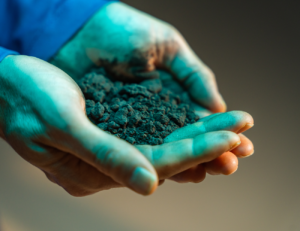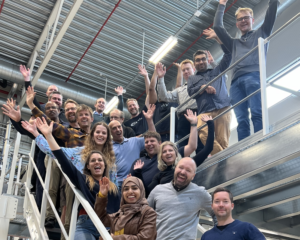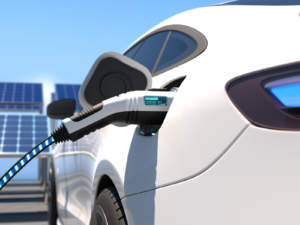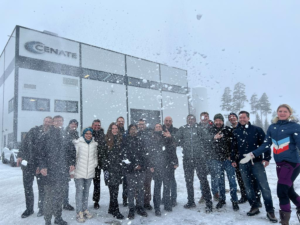Cenate is proud to announce the award of a 15 MNOK research grant for our Innovation Project, named COULOMBUS. –The largest bottleneck right now for the large battery producers to use our material is their ability to get all the Lithium ions back again from our materials after charging. This grant provides an important financial support to our work to resolve this challenge, says Cenate’s CEO Erik sauar. A successful outcome of the project has a high likelihood of leading to commercial deliveries, thereby lowering the cost and increasing the capacity of modern lithium ion batteries.
Christopher Columbus (1451-1506) did actually not become famous because he discovered America, but because he came back from America and could tell about it. The return can therefore be more important than the trip! Charles-Augustin de Coulomb (1736-1806) later had the honor of giving his name to the International Unit for electric charge. Today advanced anode materials based on nanosilicon struggle with the fact that many of the Li ions that are charged into the anode during the first charge cycles get stuck in Li traps and are never released again. Thus, battery manufacturers often have to compensate by adding expensive extra amounts of the cathode materials Lithium, Nickel, Cobalt and Manganese – just to be able to have enough Lithium to sacrifice in the anode. We must solve this problem in Coulombus; -Almost all of the Coulombs with ions shall be allowed to come “home again” to the cathode! The grant has been financed by the Norwegian Ministry of Petroleum and Energy and been awarded through a competition arranged by the Norwegian Research Council.




